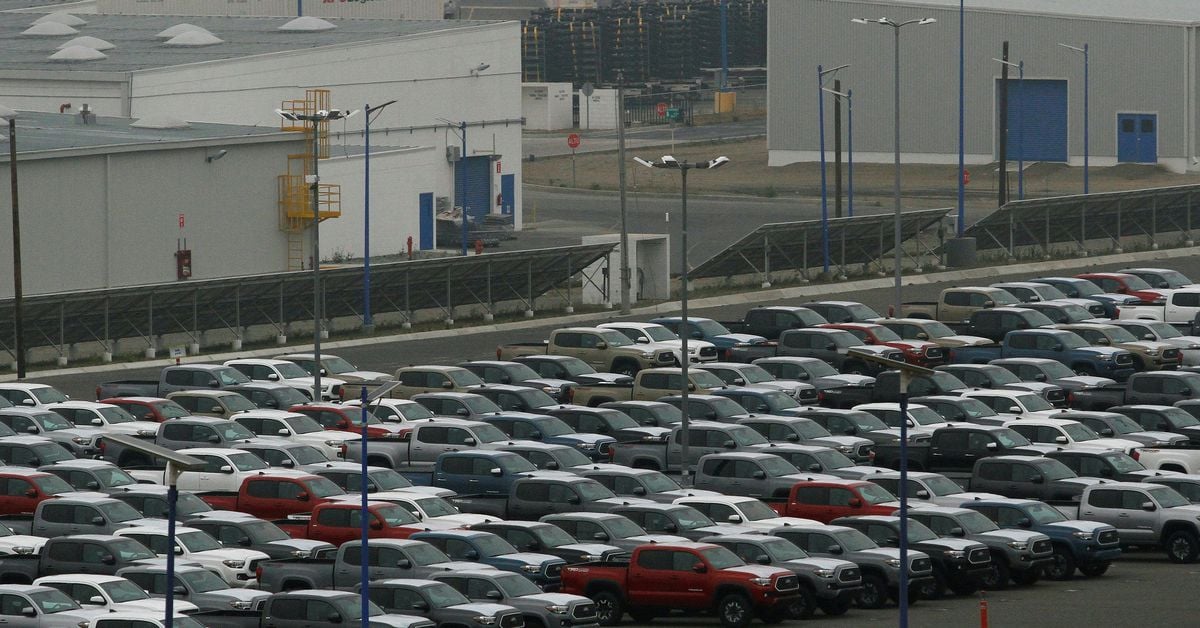The Alliance for Automotive Innovation said the National Highway Traffic Safety Administration’s (NHTSA) Corporate Average Fuel Economy (CAFE) proposal was unreasonable and requested significant revisions.
The industry group argued the plan would boost average vehicle prices by $3,000 by 2032 because of penalties automakers would face for not being in compliance, adding the figure “exceeds reason and will increase costs to the American consumer with absolutely no environmental or fuel savings benefits.”
NHTSA in July proposed boosting requirements by 2% per year for passenger cars and 4% per year for pickup trucks and SUVs from 2027 through 2032, resulting in a fleet-wide average fuel efficiency of 58 miles (93 km) per gallon.
The American Automotive Policy Council, a group representing the Detroit Three automakers, separately on Monday urged NHTSA to halve its proposed fuel economy increases to 2% annually for trucks, saying the proposal “would disproportionately impact the truck fleet.”



deleted by creator
Or possibly stop the auto industry from privatizing the profits of selling gas vehicles and socializing the losses of climate and health concerns to everyone else.